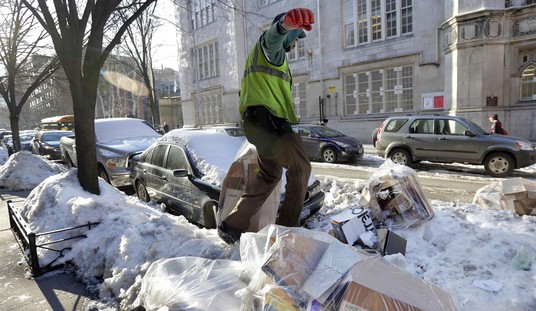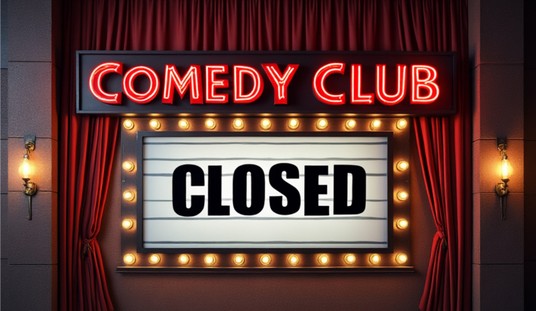It’s legacy media a-go-go, as a dead tree publication damaged by the speed of the Internet and the Long Tail phenomenon checks in with an industry that’s having similar woes. Time magazine explores the state of Hollywood and its annual box office concerns:
Coming to every theater near you on May 4: Spider-Man 3. (The first two films about the Marvel Comics kid with the gooey arms took in $1.6 billion worldwide.) Then on May 18, Shrek the Third. (Total gross of the first two chapters: $1.4 billion.) And a week later, Pirates of the Caribbean: At World’s End. (The first two earned more than $1.7 billion.) That’s close to $5 billion for the six movies, not including the really easy money in DVD revenue. How big the bucks for Take 3 in each of the gigan-chises?
“The standards are sky high for this trio,” says industry analyst Gitesh Pandya, editor of Boxofficeguru.com “At a minimum, each needs to break $300 million in North America to be considered a success, and they all have the potential to get close to $400 million. These films tend to do 60% of their biz overseas, so with worldwide b.o., DVD sales and TV rights, each film should earn at least $1 billion.”
That “60% of their biz overseas” is the telling phrase that explains many of Hollywood’s otherwise reasonably questionable movies. But why the obsession with sequels? For the same reason that England’s Independent dubbed 2007 “The Year of the Comeback“. Here’s how Time magazine puts it:
In its pre-TV glory days, Hollywood made a few series–Andy Hardy, The Thin Man, the Bob Hope– Bing Crosby Road comedies, and horror films with the whole Frankenstein family. But these were middling fare. The big-ticket items were singular sensations. Nobody made a sequel to Gone With the Wind, Casablanca or Ben-Hur. The industry didn’t think in roman numerals until The Godfather, Part II in 1974. But with the triumph of special-effects fantasies like Star Wars, sequels became a smart way to print money. Now they are needed to turn bad years into good ones. The difference between the box-office slump of 2005 and the rebound last year can be attributed to one film: Pirates 2. That’s why the trifecta of threequels is crucial to Hollywood’s health.
Of course, as both Chris Anderson and Libertas have each recently noted, that “rebound” seems closer to what the stock market calls a “dead cat bounce“. Libertas’s “Dirty Harry” writes, “it took 10% more product to get that 5% revenue boost and 3% jump in customer buys”, and Anderson adds:
Despite the box office record set by Pirates of the Caribbean: Dead Man’s Chest (which I just saw on DVD–great effects, but the movie makes no sense), Hollywood didn’t have a blockbuster 2006. In terms of tickets sold, it was up just 1% from the dismal 2005 (corrected for population expansion, that’s no growth at all), and still dramatically down from 2002-2004, which were the last good years before the DVD/home theater boom fragmented the audience even more than VHS had before.
Which is why these sorts of articles have become a perennial–last year around this time, Variety’s Peter Bart wrote:
though everyone (including the studio chiefs) acknowledges that the business model is broken, the movies of summer ’06 have to produce record numbers or heads will roll. Last summer the insiders could complain that movie attendance was sagging. No excuses this year.
Because the business model is indeed broken, Libertas has explored the new model that Hollywood recently created, which junks the Red States, except to use them to gin-up controversy. That puts even more pressure on the comebacks and threequels to perform: they’re the few Hollywood films that will–probably–safely be free of overt politicking.
If that sounds like the makings of a downward spiral, that sounds like a safe bet to me. Hollywood as an industry isn’t going away, but look for its content to become increasingly anemic in style. Or as screenwriter William Goldman once famously said, “Every Oscar night you look back and realize that last year was the worst year in the history of Hollywood”.










Join the conversation as a VIP Member